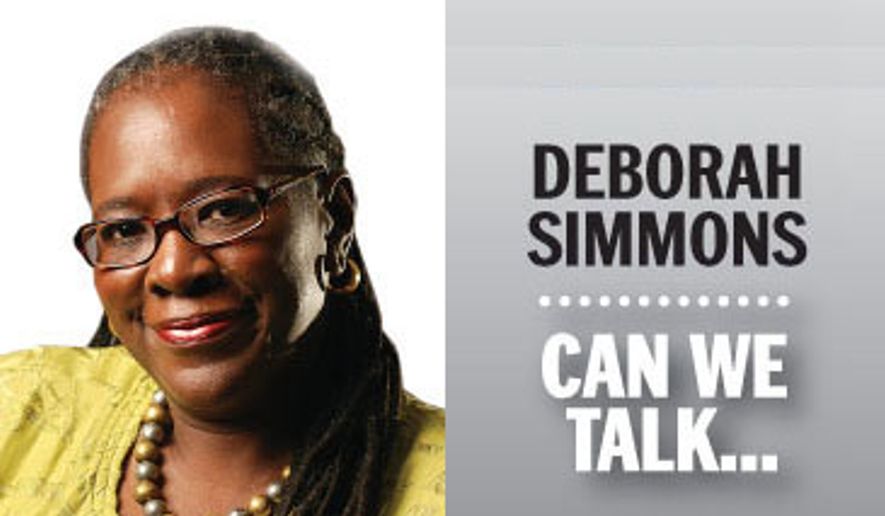ANALYSIS/OPINION:
All of you red-blooded, American taxpayers beware: Democracy is at stake in the nation’s capital.
In short, a D.C. Superior Court judge named Maurice Ross is expected to rule this week on whether city officials broke laws pertaining to the D.C. Board Elections and whether they violated the intent and spirit of those laws.
This profound legal problem stems from a lawsuit brought by former D.C. Chamber of Commerce President Harry Wingo, who contends the elections board did not have legal standing when it voted to place the minimum-wage issue on the November ballot because its members’ terms had long since expired.
The board approved the minimum-wage initiative to go forward for the November elections, and its decisions on the marijuana legalization measure and the 2014 elections could be in jeopardy, as well.
It’s a grand mess, because if the pro-marijuana issue were the only thing at stake, I likely wouldn’t be writing (again) about pot smoking.
However, the weight of Judge Ross’ decision could have lead to broad reverberations in the nation’s capital.
All the minimum-wage initiative was supposed to do was highlight whether voters will be permitted to decide a minimum threshold of $15 an hour on wages. The D.C. Board of Elections said “yes” last summer. But enter the business community and the Wingo lawsuit, which questioned the integrity of the vote by the Board of Elections.
Understand, by law, the elections board is supposed to have three members, including a chairman, and those members are permitted to hold sway up to 180 days after their terms expire. Mayor Muriel Bowser did not see it as a priority to nominate three members during the first half of her administration, but she did in December. Two withdrew, and one became a member in January.
In the meantime, the multiple stains on the integrity of the elections board call into question its legal standing, Mr. Wingo’s suit says.
Judge Ross kind of agreed last month, hence his much-anticipated ruling.
Well, lo and behold, Miss Bowser finally realized this week that she needed to hand Judge Ross something before he hands D.C. stakeholders and other American taxpayers, who generously donate to the nation’s capital, a ruling that could constipate democracy.
If Judge Ross delivers his ruling with a broad brush, he could call into question practically everything the board has done regarding the 2014 elections, including vote tallies in the congressional, mayoral, D.C. Council and Board of Education elections, marijuana legalization and a host of other elections. Numerous vote tallies could end up joining legendary slugger Pete Rose in the Asterisk Club of the Hall of Fame.
If Judge Ross issues a narrow ruling that only affects the minimal-wage initiative, then an elections board with legal standing goes back to the drawing board, revisits the ballot initiative and its wording, and then votes up or down.
Of course, that could lead to another lawsuit, or come too late for this year’s ballot. Either way, voters lose because of the fumbles by two councils (including Miss Bowser) and two executive branches (including Vincent Gray).
Judge Ross is a D.C. native, so home rule, old school D.C. democracy is in his DNA. He’s already signaled interest in hearing the city’s arguments — and that’s a good thing.
Judge Ross wants to focus on the law, not the chaotic democratic environment city officials created by not following it.
• Deborah Simmons can be reached at dsimmons@washingtontimes.com.
• Deborah Simmons can be reached at dsimmons@washingtontimes.com.




Please read our comment policy before commenting.